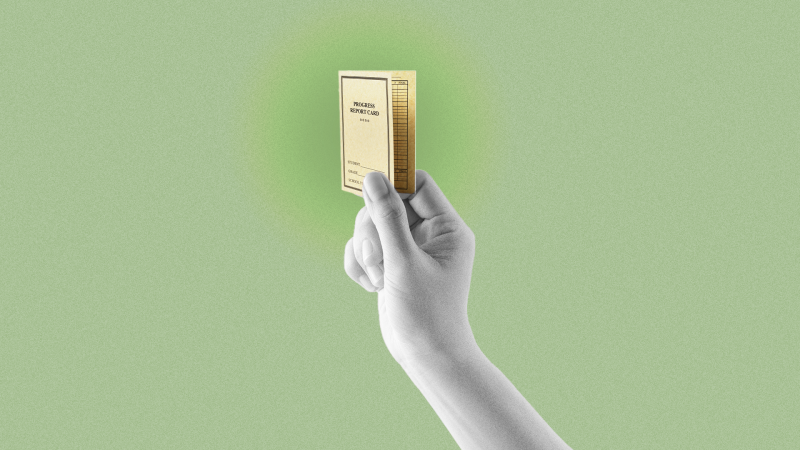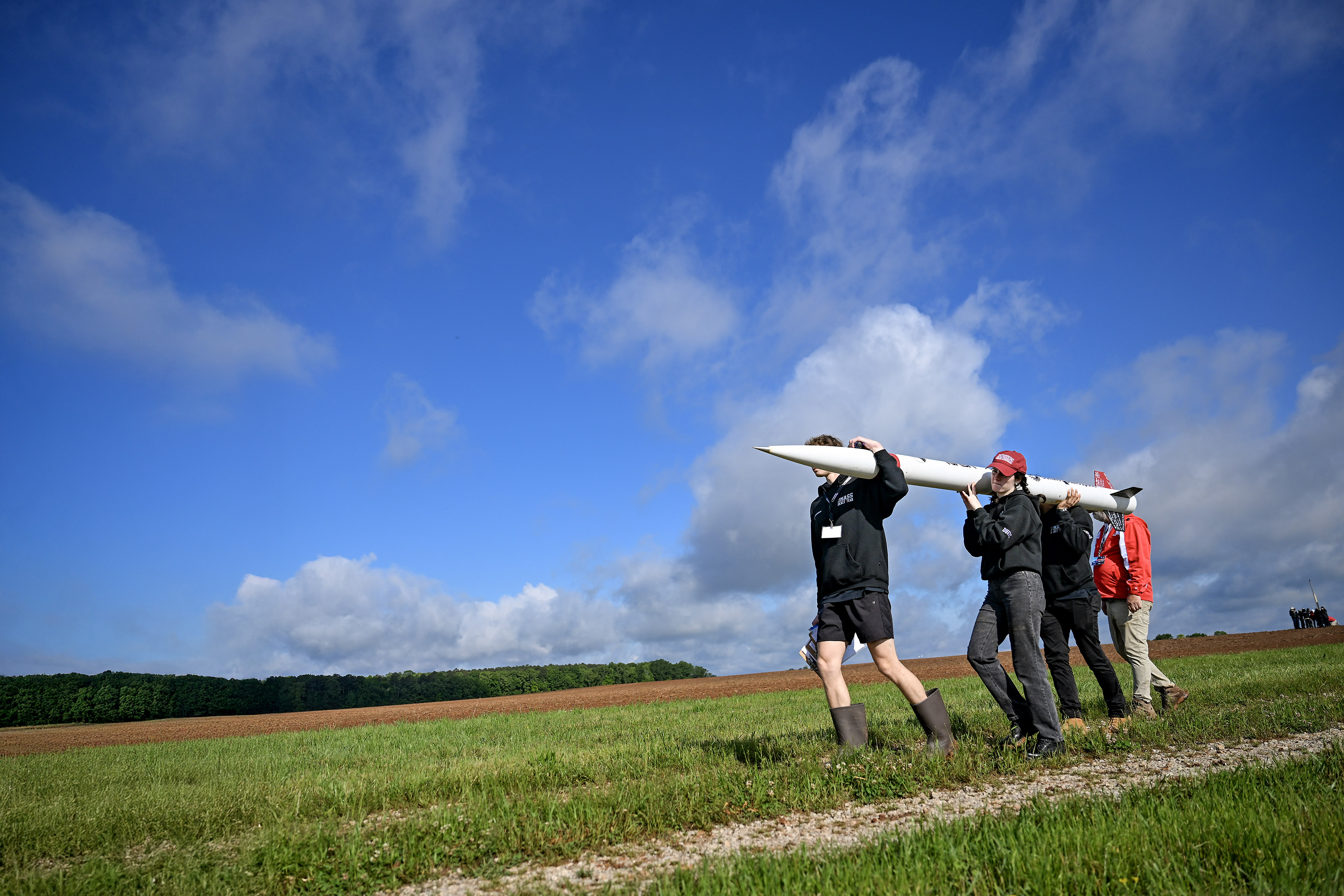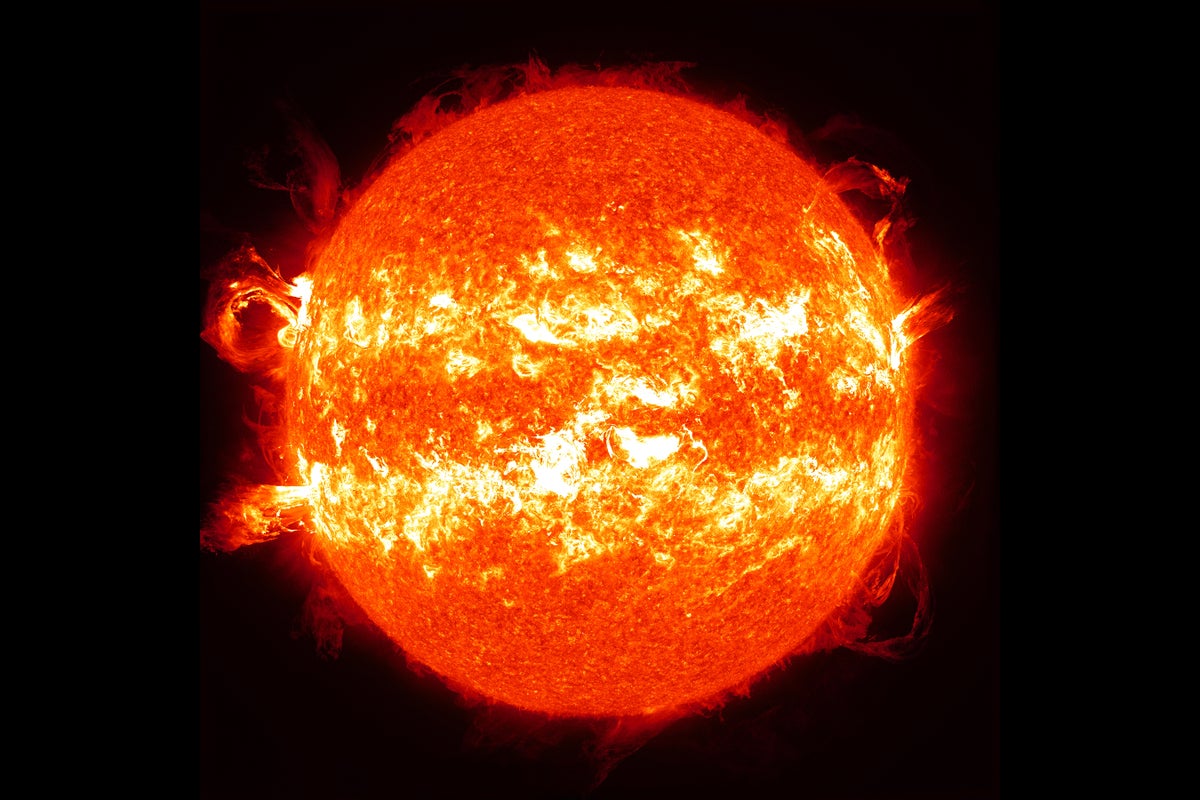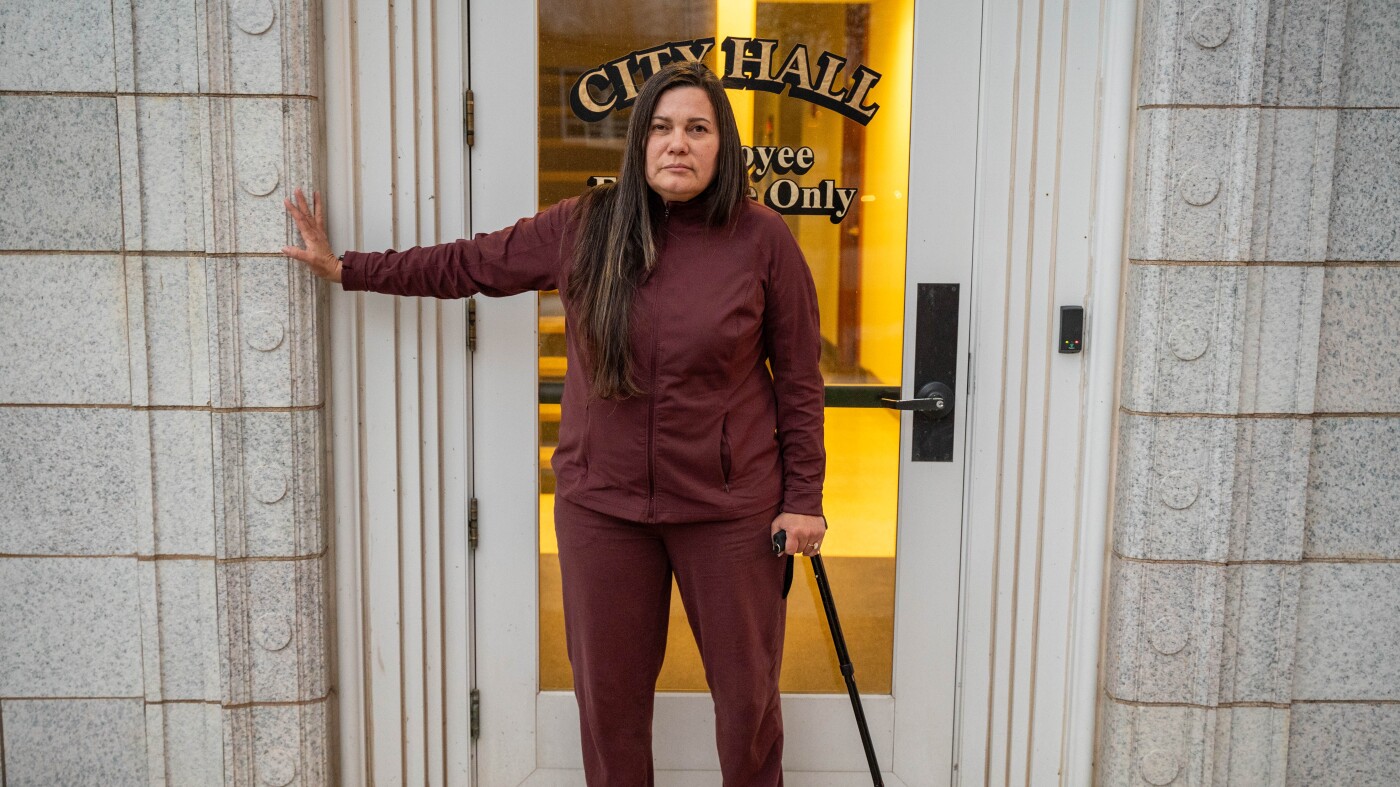Eurovision Song Contest history: Unexpected Eurovision winners and sore losers
The Eurovision Song Contest has long been a massive part of European culture, especially in mainland Europe. Find the best betting odds for 2025 Eurovision This annual music competition, known for its vibrant performances and diverse entries, continues to be a celebration of talent and cultural expression. With millions tuning in to witness the spectacle, the anticipation surrounding the contest remains as high as ever. Eurovision winners will often go on to have a solid career thereafter, so it’s really important to make an impression with the viewing audience and judges. With that in mind, I’ll be looking at some of the unexpected winners and the sorest of losers in the history of the annual spectacle. Biggest Eurovision landslide victories Some Eurovision Song Contest wins have been completely dominant on the night of the final, with winners pulling ahead by massive margins to take home the coveted win. These decisive victories stand out in the event’s long history of tight competition and performance, with some victories being so decisive that it almost isn’t fair! Norway – Alexander Rybak – “Fairytale” – 2009 Alexander Rybak’s upbeat and violin-driven “Fairytale” remains the most dominant win in Eurovision history. He won with a total of 387 points, finishing 169 points ahead of the second-place entry from Iceland. His performance became a Eurovision classic and set a record that has yet to be broken over 15 years later. Portugal – Salvador Sobral – “Amar pelos dois” – 2017 Salvador Sobral captured hearts across Europe with his simple yet emotional ballad “Amar pelos dois”. Earning 758 points overall, he finished 143 points ahead of the runner-up, which was Bulgaria’s “Beautiful Mess” by Kristian Kostov. It was Portugal’s first Eurovision win, and one that broke several records, including the highest score ever under the new voting system. Sweden – Loreen – “Euphoria” – 2012 Loreen’s delivered a powerhouse performance on “Euphoria” that earned both critical and popular acclaim. She scored 372 points, outpacing the second-place entry, Buranovskiye Babushki of Russia, by 113 points. The win marked a modern high point for Sweden and helped cement Loreen’s place as a Eurovision legend. Sweden – Måns Zelmerlöw – “Heroes” – 2015 Another big win for Sweden came with Måns Zelmerlöw’s visually striking performance of “Heroes.” He collected 365 points, securing a 62-point lead over the runner-up (which was again Russia). The song’s mix of digital effects and live performance helped it stand out in a crowded field that year. Ukraine – Ruslana – “Wild Dances” – 2004 Ruslana’s energetic and inspired “Wild Dances” brought Ukraine its first Eurovision trophy. She won with 280 points, finishing 17 points ahead of Serbia and Montenegro. While the margin wasn’t as massive as others on this list, in the pre-televote era? It was considered a significant gap. Closest Eurovision Song Contest wins While some victories are in the Eurovision song contest are achieved with commanding leads, others come down to the wire. These are the contests where every point mattered, and the difference between glory and second place was razor-thin. Ukraine – Jamala – “1944” – 2016 Jamala’s powerful and politically charged song “1944” won Ukraine the trophy with a total of 534 points. She beat Australia’s Dami Im by just 23 points, with the final outcome hinging on the newly introduced combined jury and televote system. Denmark – Emmelie de Forest – “Only Teardrops” – 2013 Emmelie de Forest’s folky and emotional “Only Teardrops” clinched victory for Denmark with 281 points, only 47 ahead of Azerbaijan. The win was tight throughout the voting, keeping fans across Europe on edge until the final reveal. Sweden – Loreen – “Tattoo” – 2023 Loreen made history in 2023 by becoming only the second artist to win Eurovision twice. Her song “Tattoo” edged out Finland’s Käärijä by just 57 points, despite the latter winning the public televote. The narrow margin sparked intense debate among fans at the time about the jury’s influence in the competition and whether it was too great overall. Austria – Udo Jürgens – “Merci, Chérie” – 1966 Austria’s first Eurovision win came with Udo Jürgens’ touching ballad “Merci, Chérie.” He won with 31 points, narrowly beating Sweden’s entry from Lill Lindfors and Svante Thuresson by only 15 points in a much smaller voting pool than today’s system. Jury favourites and televote losers The split voting system introduced in recent years has created some of the most controversial and dramatic moments in Eurovision history. Sometimes, the public’s favourite didn’t take home the trophy due to low jury scores…and sometimes jury favourites flopped with viewers at home. They were robbed! Italy – Il Volo – “Grande Amore” In 2015, Il Volo dominated the televote with their operatic pop anthem “Grande Amore.” However, the juries ranked them

The Eurovision Song Contest has long been a massive part of European culture, especially in mainland Europe.







































































